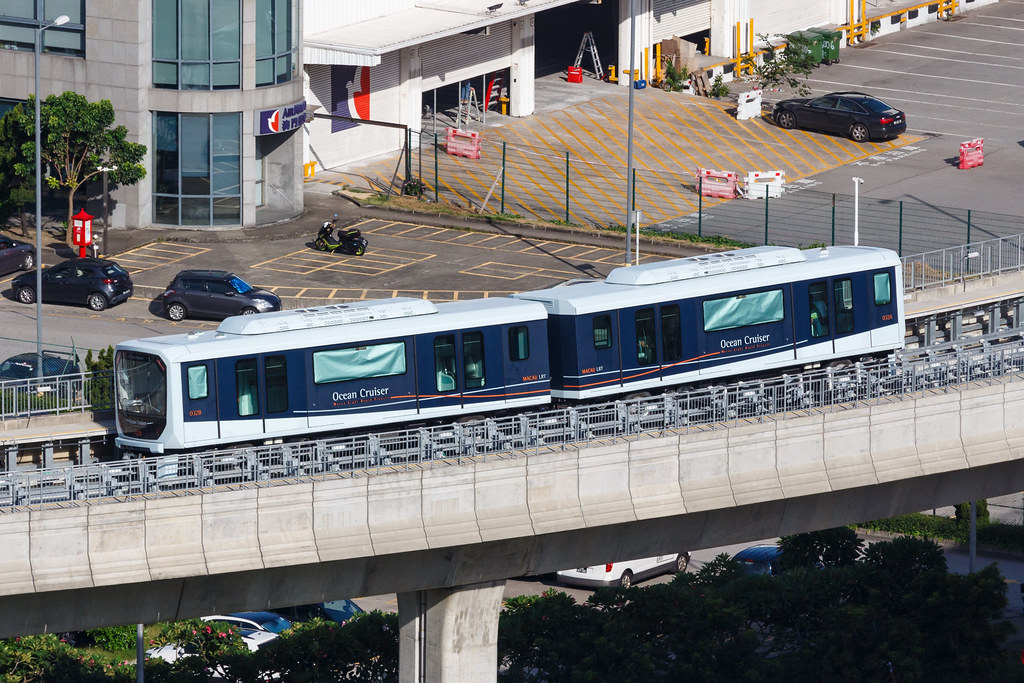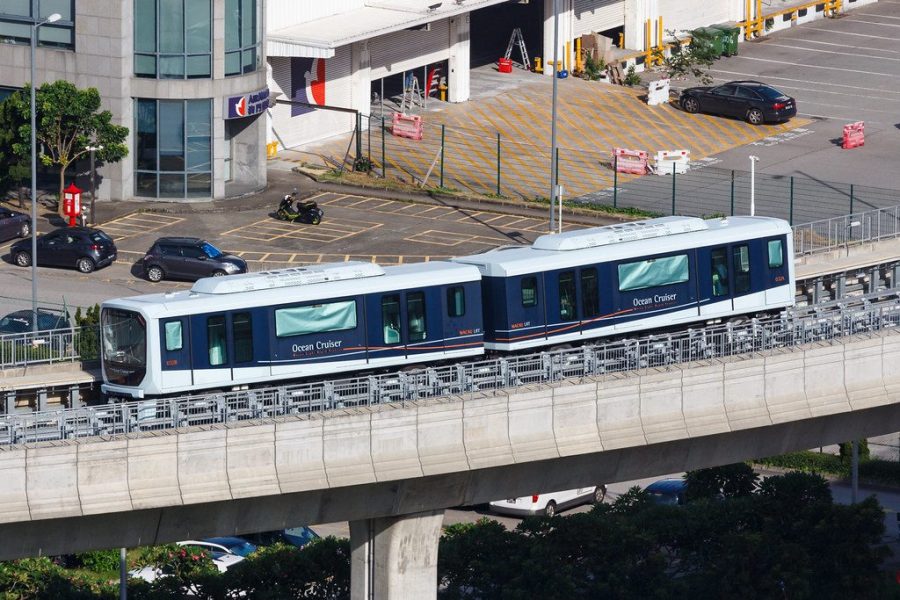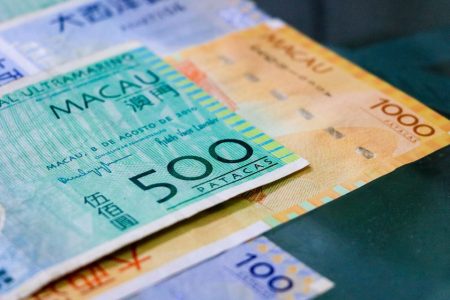The new law regulating the future operation of the Light Rail Transit (LRT) system, according to which passengers violating LRT rules will face a fine of between 5,000 and 10,000 patacas, took effect today following its promulgation in the Official Gazette (BO) on Monday.
The law took effect weeks before the LRT system is slated to start operating by the end of the year. The government has still to announce when the “light metro” trains (as they are known in Portuguese) will start to take passengers on board.
The bill on the LRT operation was passed by the Legislative Assembly (AL) last month, following a review by the legislature’s 3rd Standing Committee since its outline was passed by legislators in October last year.
The new LRT law lists seven “don’ts” for LRT passengers: 1) throwing any objects onto LRT tracks; 2) opening train doors, platform screen doors or ticket gates without permission, or preventing their normal operations; 3) activating emergency or safety devices without justified reasons; 4) advertising in the paid area or on the trains, or distributing or putting up posters, pamphlets or other publications without permission by the LRT operator; 5) engaging in gainful activities in the paid area or the trains without the LRT operator’s permission; 6) fundraising, collecting signatures or conducting surveys in the paid area or the trains without the LRT operator’s permission; 7) travelling with animals except guide dogs.
In rail transport, the paid area is a dedicated “inner” zone in a railway or metro station where visitors or passengers require a valid ticket, checked smartcard or a pass to get in.
According to the new LRT law, those who violate the first to third rule will face a fine of 10,000 patacas, while those who breach the fourth to seventh rule will face a fine of 5,000 patacas.
The new LRT law also states that Articles 275, 276 and 277 of the Macau Penal Code apply, mutatis mutandis, to the LRT operation.
According to Article 275 of the Penal Code, those hijacking an aircraft, vessel or train face a prison term of between five and 15 years.
According to Article 276 of the Penal Code, those endangering the safety of air, maritime or rail transport face a prison term of between three and 10 years.
According to Article 277 of the Penal Code, those operating an aircraft, vessel or train in a way endangering other people face a prison term of between one and eight years.
The government is aiming for the LRT Taipa section to come into service before the 20th anniversary of Macau’s return to the motherland on December 20.
According to the LRT law, the Transport Bureau (DSAT), the government entity who will oversee the LRT operation, is tasked with investigating LRT accidents.
Meanwhile, Secretary for Transport and Public Works Raimundo do Rosário has been authorised to sign an agreement with the “Macao Light Rapid Transit Corporation, Limited” – the fully government-owned LRT company – for the operation of the LRT system, according to an executive order signed by Chief Executive Fernando Chui Sai On published in the Official Gazette on Monday. According to the Macau Post Daily, the order did not say when the deal will be signed.






